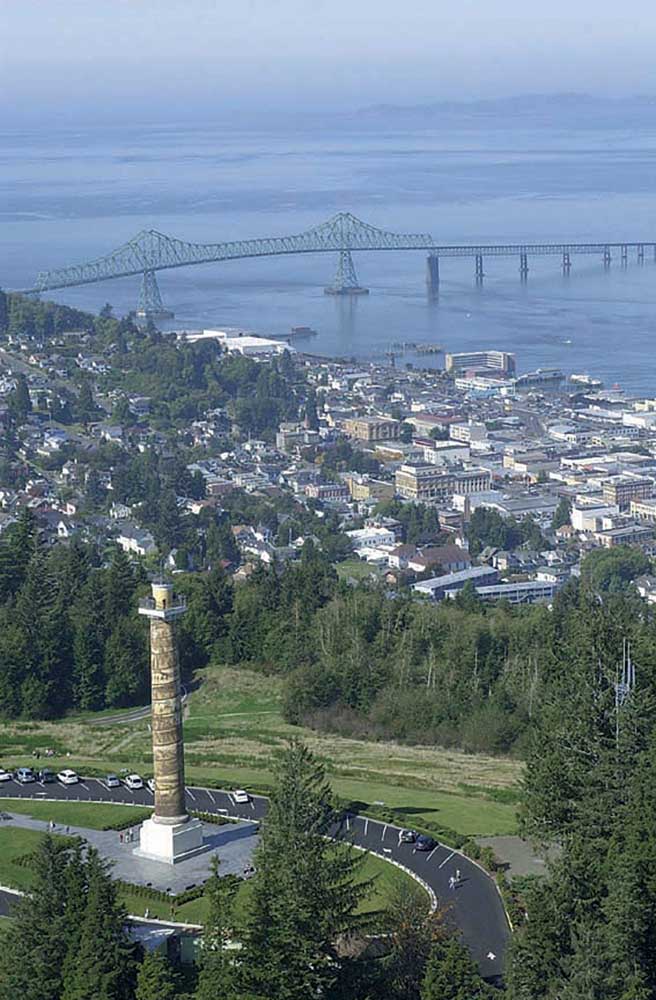Why not national service?
Published 5:00 pm Wednesday, July 21, 2004
Recent presidents are reluctant to ask for sacrifice, even in war timeOne of the sad curiosities of the Iraq War is that soldiers over the age of 50 are dying at 10 times the rate of similar aged deaths in the Vietnam War. One reason for that is Iraq’s intense heat. Another is the lack of a draft, which has led to the call-up of reserves and national guard, and their older soldiers. That has brought senior personnel to the battlefield. The New York Times on Sunday profiled three of those deaths: a 59-year-old helicopter machine gunner, a 55-year-old sergeant and a 52-year-old master sergeant.
One congressman – Charles Rangell of New York – has proposed renewal of the military draft. There is no rush of lawmakers to second Rangell’s motion.
The draft brings wars to the middle class, and that has a profound effect on politics. When the graduate school deferment to the draft was eliminated in 1968, resistance to the Vietnam War escalated. If the draft were to return now, middle class families would be forced to reckon with a war of which they might quickly become skeptical. Lacking personal involvement, many can intellectualize this war and keep it at an emotional distance.
Even with the draft, the Vietnam War was fought largely by sons of the working class, because of the undergraduate student deferment. Now that we have an all volunteer army, the result is not that much different in who enlists and who does not.
Between the two wars, the concept of national service – including the military but also including other options – gained brief prominence. Senators as disparate as Edward Kennedy and John McCain have advocated compulsory national service for all young Americans.
Congressmen and senators won’t touch Rangell’s proposal for obvious reasons. It is unfortunate that we cannot talk about national service in the absence of war. The basic concept that every young American should serve their country is sound. It builds citizenship. It also can help build communities. During the Great Depression, the Civilian Conservation Corps was a lifesaver for thousands of young men, and it created monuments such as Timberline Lodge.
More recently, the Peace Corps has been vital to the nation as well as to those who enter it. Young people have also gained useful experience through AmeriCorps.
Presidents are reluctant to ask for personal sacrifice. It is revealing that President Bush has not even asked Americans to reduce their use of gasoline, even though we are in a war whose foundation is based on Middle East oil reserves. Bush is not alone. Our recent presidents have been loathe to ask Americans for sacrifice. To do so would break the notion that we can have something for nothing, which is the gospel that many states, including Oregon, have adopted.
National service remains an excellent and worthy idea.





